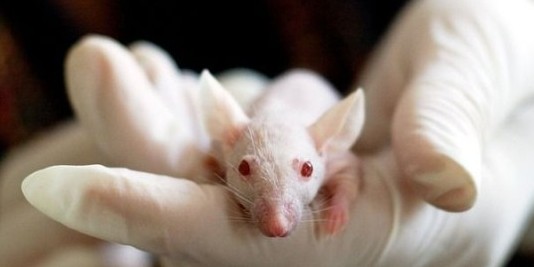Warwick performs testing on over 19,000 animals in three years
A Freedom of Information (FOI) request by The Boar has revealed that, despite calls to limit animal cruelty, the University has run tests on 19,252 animals in the last three years.
Two years ago, anti-vivisection organisation Cruelty Free International urged the University to seek alternatives to animal testing and reduce the number of animals being tested on at the institution; this followed an investigation by the The Boar which revealed that the University had tested on 50,001 living animals in the Medical School and School of Life Sciences in 2014.
The latest investigation has shown that the following year, the University ran tests on 7,906 animals; 5,236 of which were mice, 626 rats, 1,885 fish and 159 sheep.
In 2016, the university stated that 5,568 animals were tested on. These were 4,149 mice, 824 rats, 550 fish and 45 sheep.
Last year, the number increased by 210 to a total of 5,77. 4,154 of these were mice, 887 were rats, and 737 were fish.
The University of Warwick has confirmed that all experiments conducted in the last three years were for medical purposes, taking place in the School of Life Sciences, Warwick Medical School and the Department of Chemistry.
The University of Warwick has confirmed that all experiments conducted in the last three years were for medical purposes
By comparison, in 2014 the University stated in its FOI response that under 2% of experiments involving animals were for non-medical purposes.
While the University does not keep records on the specific procedures of the experiments, it was able to confirm the purposes of the experiments. It stated that over the three year period between 2015 and 2018, 2,862 had been tested for breeding purposes, 857 to assess any relation to human mental disorders, 402 for oncological purposes and 94 for their metabolism.
Out of the 509 animals tested to assess their nervous system, two of these experiments were described as ‘severe’ and six were ‘non-recovery’. Otherwise, the majority of the experiments came under the categories of ‘mild’, ‘moderate’ or ‘sub-threshold’.
The University of Warwick website states that any experiments involving animals are scrutinised and approved by the Animal Welfare and Ethical Review Body, and that the University is committed to the “reduction, refinement and replacement” of animals used for research purposes, despite the increase in numbers.
This information was requested of the university after it was revealed that the University of Birmingham had experimented on almost 54,000 animals in 2016, almost 46,000 more than used by the University of Warwick in its recent peak year of 2015.
The University is committed to the “reduction, refinement and replacement” of animals used for research purposes
Current President of the Warwick Vegan society, Alice Janusz, has described the numbers as “disappointing”.
“The university doesn’t appear to have made any efforts to end animal testing. Animal testing is a cruel practice and there are already plenty of alternatives which can be used instead, so the university should be ethically compelled to invest their time and money into these alternatives rather than supporting animal suffering,” Alice told The Boar.
In comparison, second year Biomedical Science student Marta Zima commented: “It is a sad and brutal reality, that no matter how advanced medicine becomes, animal testing will most likely always remain a necessity. The field of biomedical research is one which heavily relies on animal testing, without which we would be unable to safely obtain any medication or treatments which save lives every single day across the world.
“Unfortunately, our technology is not yet advanced enough to create a substitute for animals; mammals share a common ancestry with humans and thus our organs, endocrine system, nervous system, circulatory system, and more, work in very similar ways. The number of animal used in research is large, but what we must take into account is also the number of lives which are saved thanks to research from those experiments.”

Comments